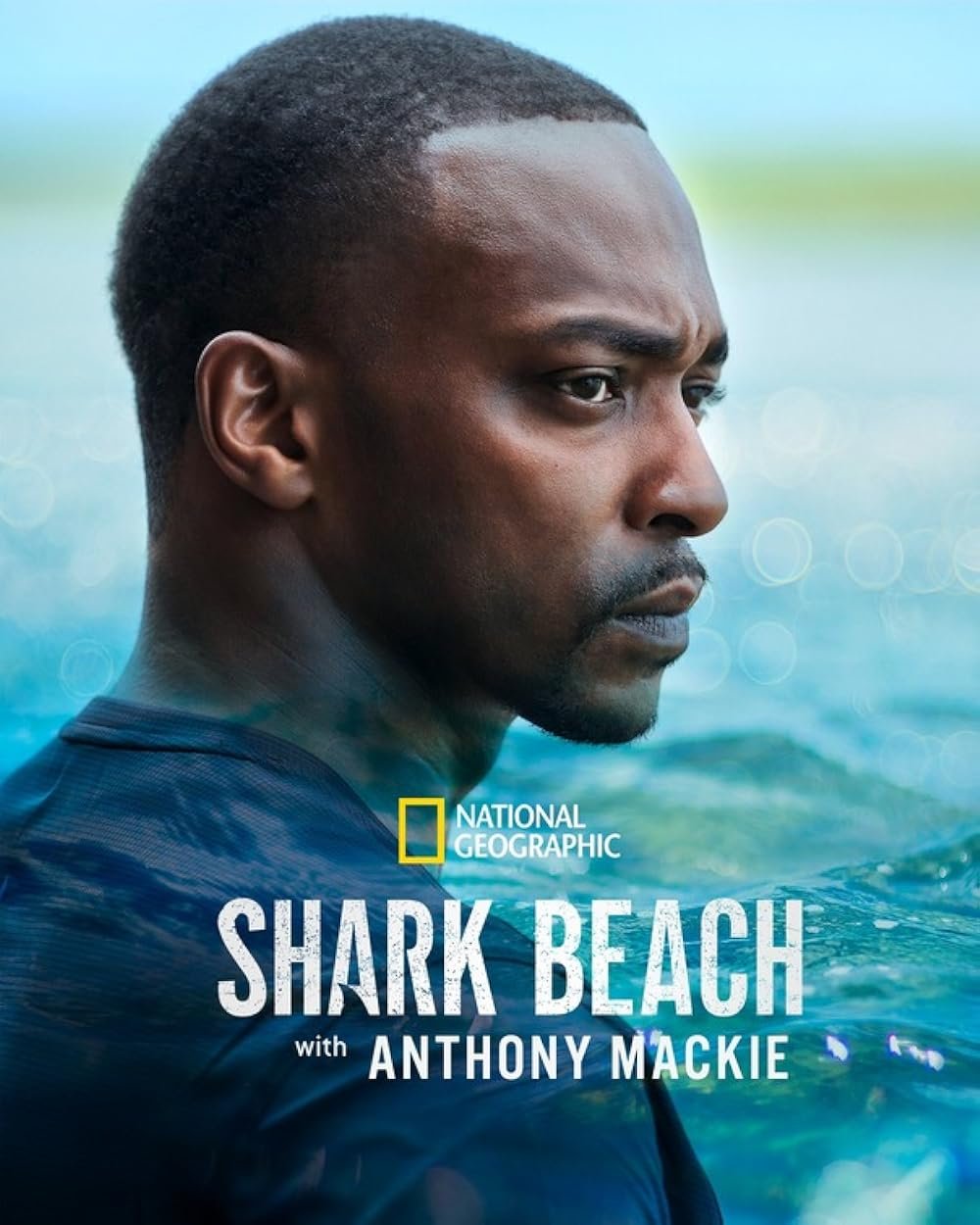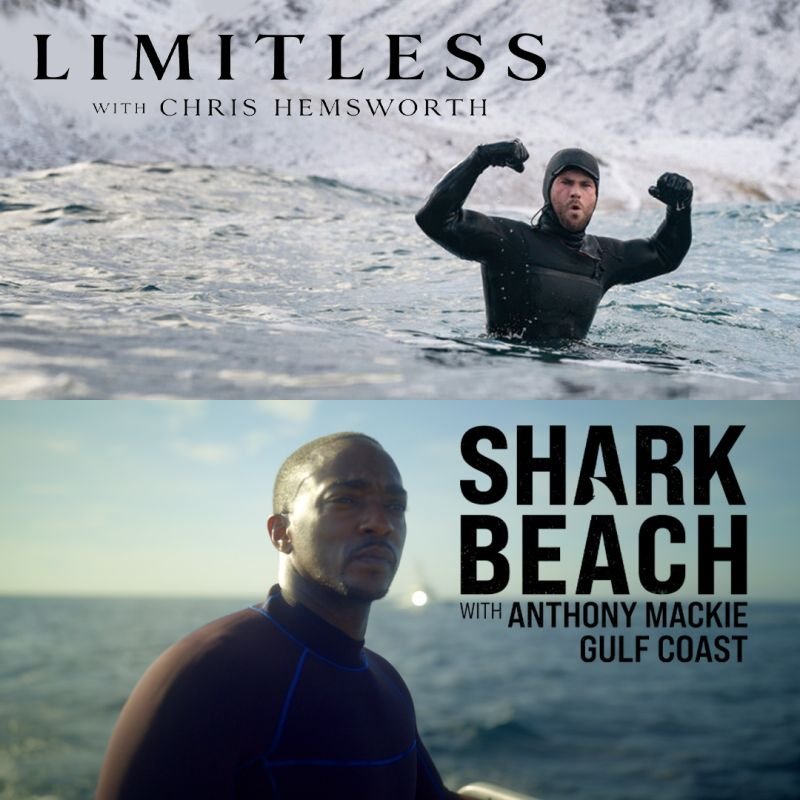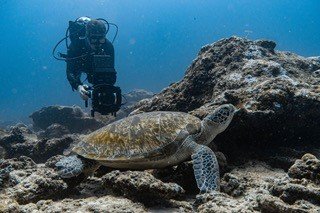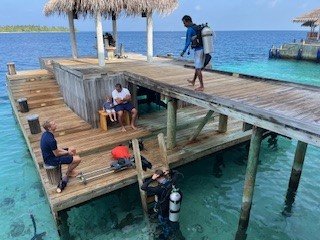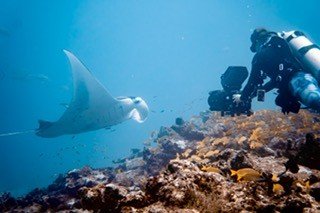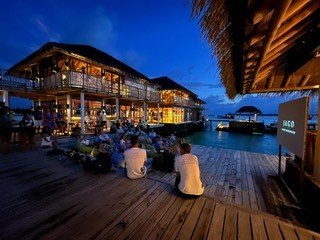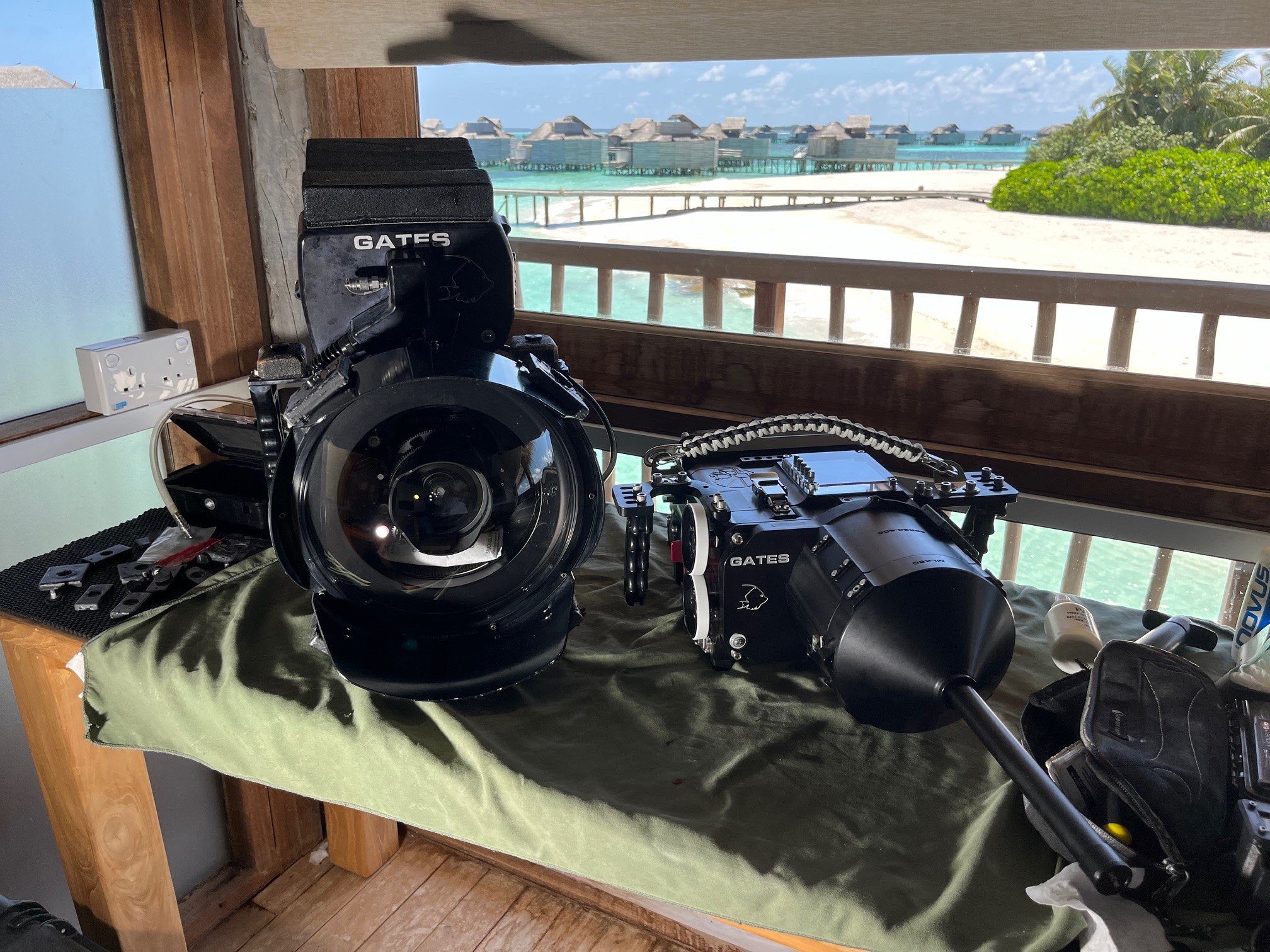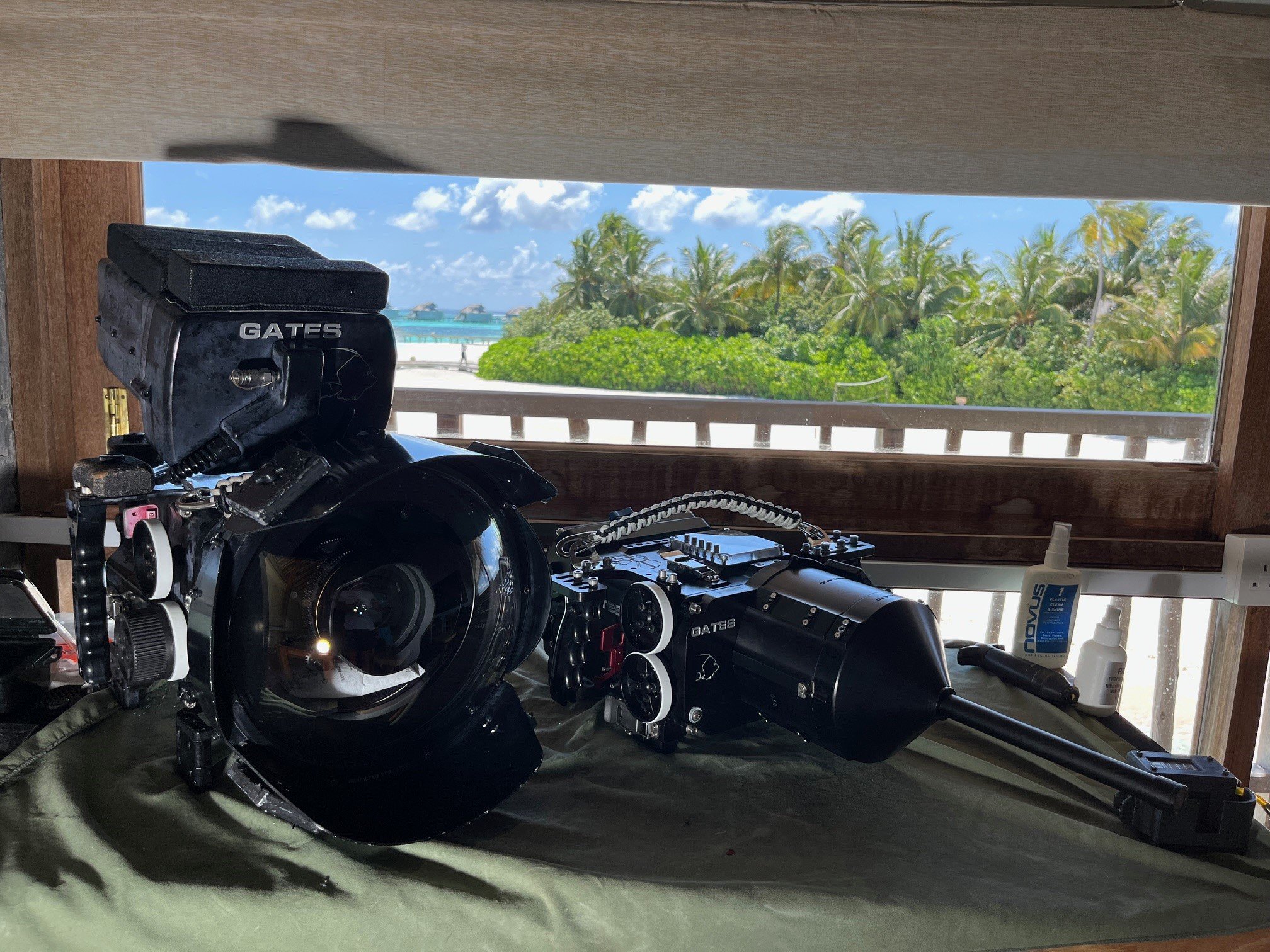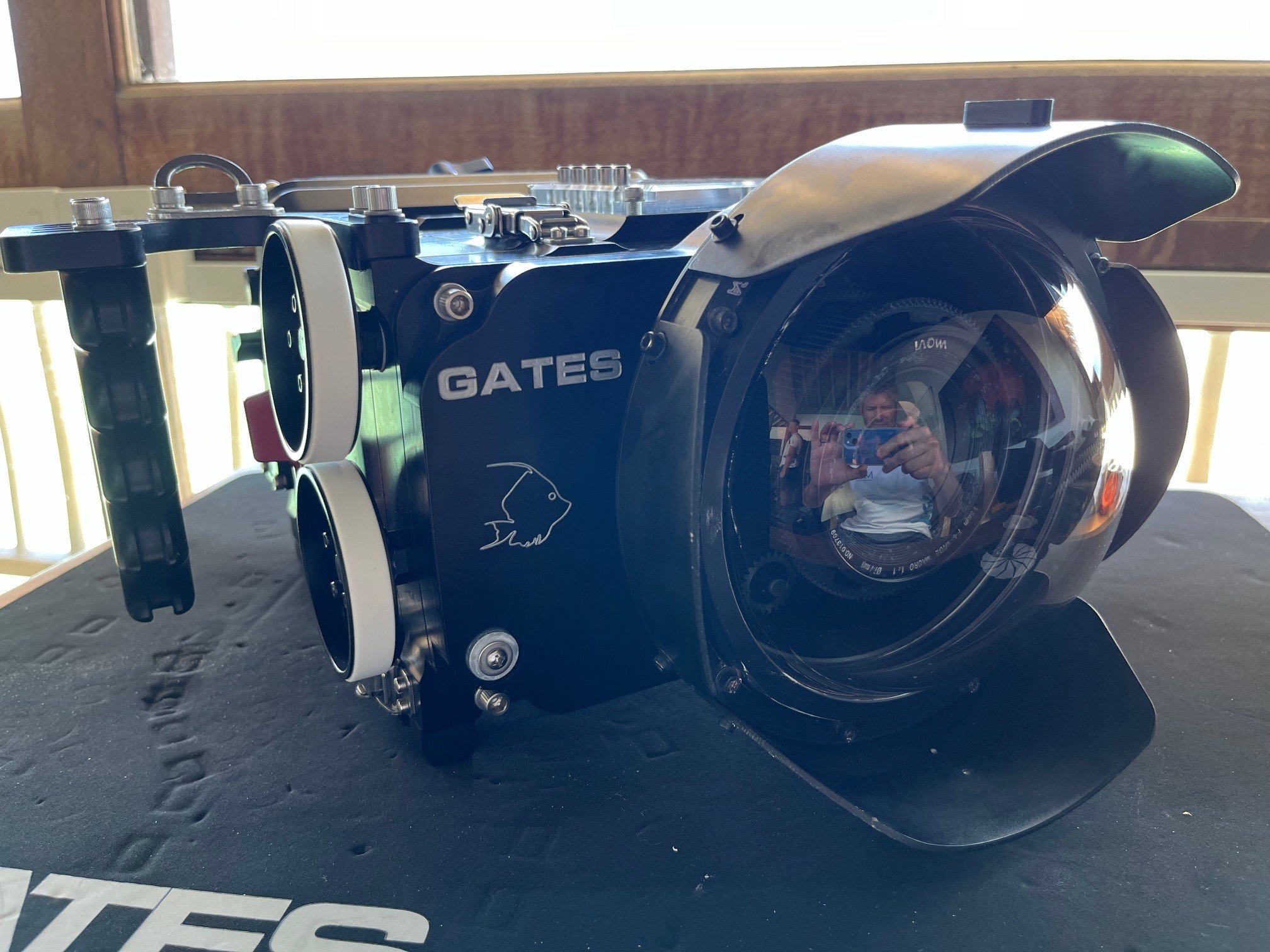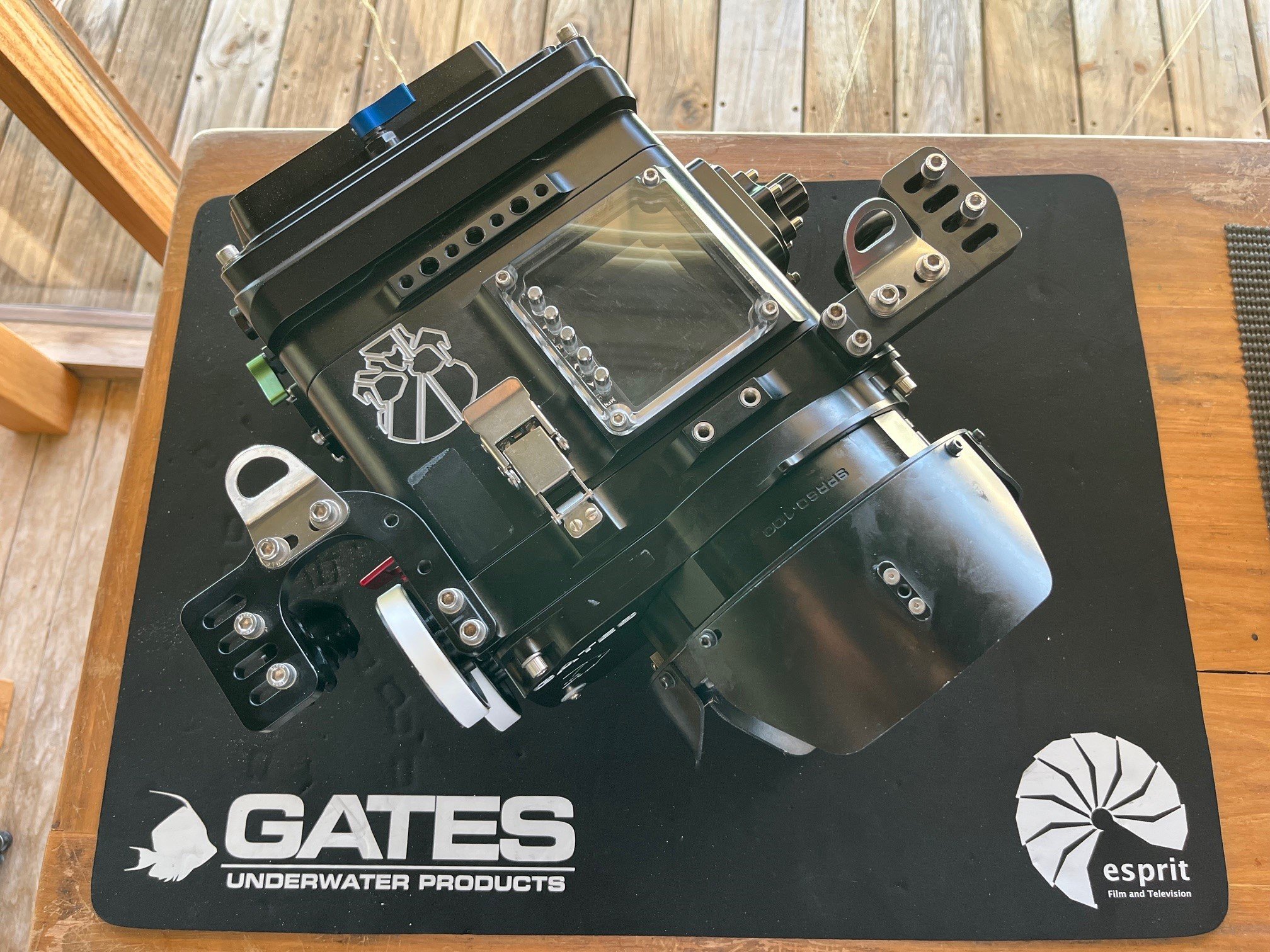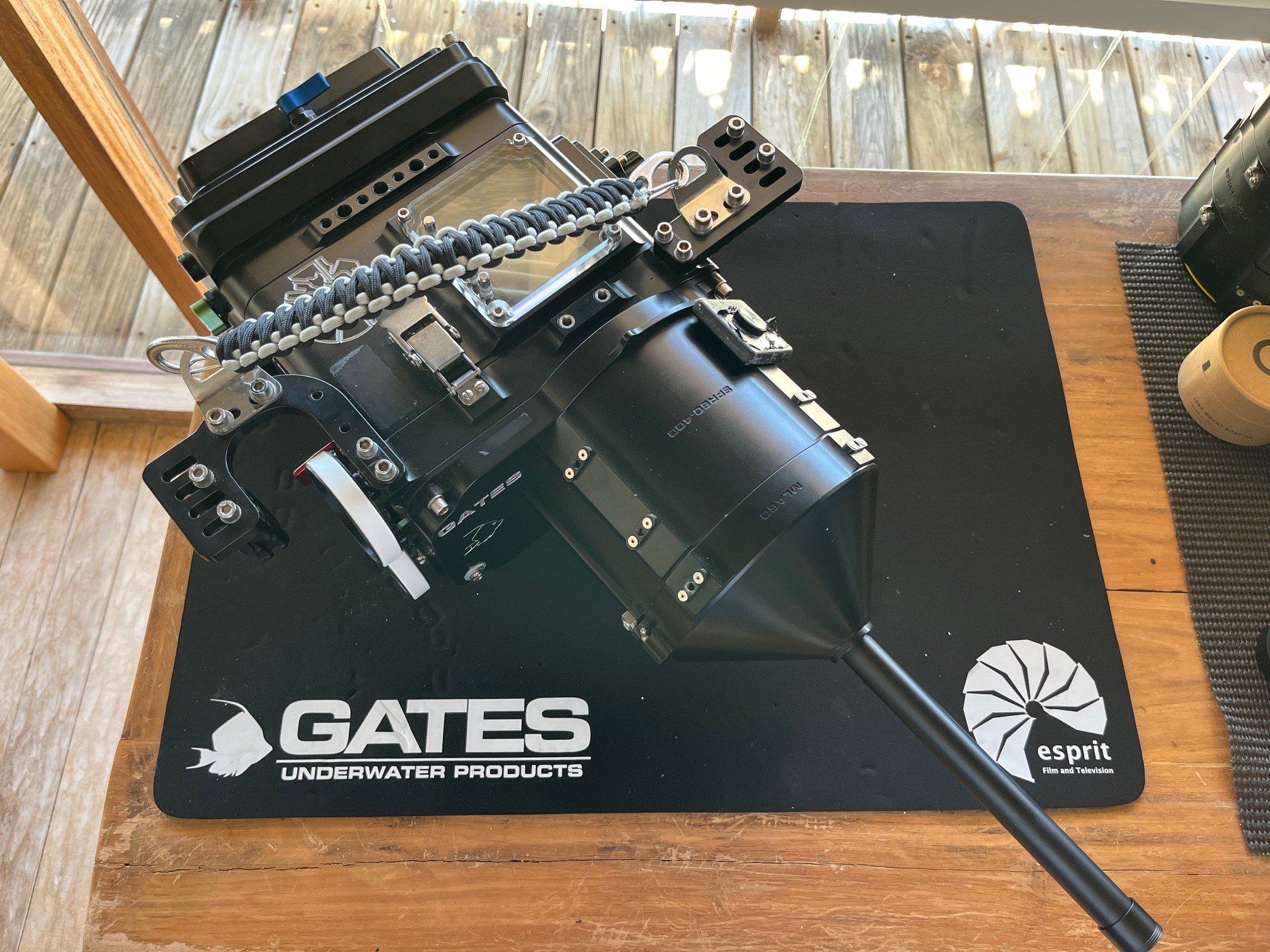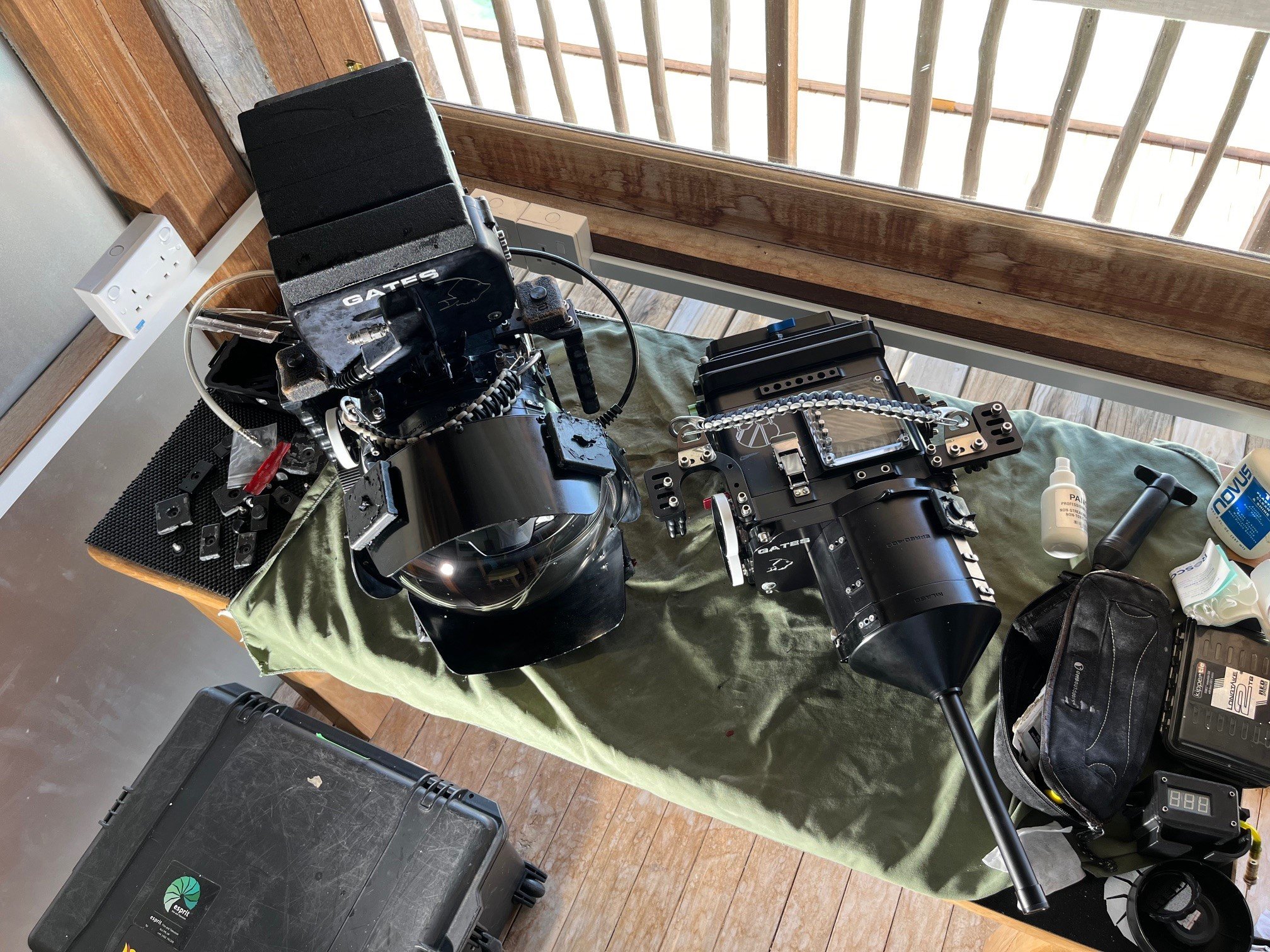One Planet. Seven Years. A story not yet written. The most visionary, ambitious, and technologically challenging undertaking that has ever been attempted. A colossal project documenting how the Earth’s most vulnerable habitats, and the animals living there, will evolve in the coming years. Returning with compelling, insightful, documentary films for the next seven years. We are at a pivotal moment in history, with time running out if we are to prevent the irreversible effects of climate change. Over seven years we will monitor iconic locations across the planet. These are the ‘canaries’ of our changing world. Each represents a unique change happening across the planet. Their fates hang in the balance, hinging on our ability to change our ways. Some locations are heavily protected, others will experience pioneering schemes to rebuild the habitats, others could be lost forever. There are winners and losers, positive changes, and reasons for hope. Calling on the NHU’s extensive global network of scientists, conservationists, and witness camera operators we’ll tell the story of each environment and its key animal species via the people that know and experience them most intensely and vividly. These stories have not concluded, there is still time, and we bring stories of hope and the amazing people helping fight these challenges. This is Changing Planet.
Listening in on the ocean's orchestra - view clip here
Steve Backshall joins Professor Steve Simpson in the Maldives. The Professor has devised a system that uses the sounds of the reef to help restore them.
Whilst on a dive, testing out Prof Steve Simpson's new reef sound recording equipment, Steve Backshall gets told off by a territorial clownfish - view clip here
Scientists’ experiment is ‘beacon of hope’ for coral reefs on brink of global collapse
Recordings of healthy fish are being transmitted to attract heat tolerant larvae back to degraded reefs in the Maldives
The struggle to save coral reefs as they face a 50% decline, bleaching events, and the hope of resilient survivors for long-term recovery - view clip here
An underwater experiment to restore coral reefs using a combination of “coral IVF” and recordings of fish noises could offer a “beacon of hope” to scientists who fear the fragile ecosystem is on the brink of collapse. The experiment – a global collaboration between two teams of scientists who developed their innovative coral-saving techniques independently – has the potential to significantly increase the likelihood that coral will repopulate degraded reefs, they claim. The first use of the combined techniques, to repair damaged atolls in the Maldives, will be shown on the BBC One TV series Our Changing Planet, co-presented by the naturalist Steve Backshall.Hailed as a potential “gamechanger”, the hope is that the technique could be replicated on a large scale to help preserve and revitalise dying reefs.
“All corals in all ocean basins in the world are under pressure,” said Prof Peter Harrison, a coral ecologist at Southern Cross University in Australia. Quite a large number have died in some reef areas. So we’re going to end up with big spaces of new real estate for coral larvae, but very few coral larvae being produced because so many adults have died.”
He has pioneered a form of “coral IVF” that involves capturing millions of spawn from “heat-tolerant” reproductive coral after it floats to the sea surface or, alternatively, surrounding coral that has withstood a bleaching event with a cone-shaped net.
“If you breed from heat-tolerant corals that can survive heat stress in the laboratory, the larvae of those corals also have higher heat tolerance than the larvae of other corals,” said Harrison. The gametes (reproductive cells) then merge together, fertilise and form coral larvae in floating “nursery” pools, which protect them from predators and prevent them from getting lost at sea. “If we don’t support the process of natural selection by focusing on the survivors, we’re going to lose everything.” This technique, Harrison added, can produce 100 times more coral colonies than would naturally occur on a reef with the same number of larvae: “And we’re working out ways to get it to about 1,000.”
To attract the larvae to settle on a degraded reef, the scientists are broadcasting recordings of fish noises that were captured near a busy, healthy reef. “We’ve done this and restocked degraded reefs with fish,” said Steve Simpson, professor of marine biology and global change at the University of Bristol.
“Working with Peter is the first time we’ve tried it with corals. It maximises the chance that the coral larvae being released find somewhere to live – somewhere that they will then restore the reef habitat.” Coral larvae, he has discovered, can detect sound according to the way the hairs on their bodies move, and so can be “tricked” into swimming towards – and settling on – a typically silent, unhealthy reef. “It’s like sowing a field that will become a forest again,” said Simpson. In the lab, the larvae were particularly attracted to the low-frequency grunts, croaks and rumbling sounds made by territorial fish, which can protect coral growing on the reef. “We have discovered that coral larvae hear their way home as babies, before they then choose where to live for up to 1,000 years.”
“They look very simple, and they don’t have ears or a brain, but coral were probably among the earliest animals cueing into their soundscape and dancing to the beat.” Time is running out for coral reefs across the planet.Scientists recently announced that the world is experiencing its fourth planet-wide coral bleaching event since 1998, with 54% of reef areas in the global oceans experiencing heat stress high enough to turn its colourful coral white. Australia’s Great Barrier Reef has suffered its worst bleaching on record, with about 73% of the 1,429-mile (2,300km) reef affected.
Backshall initially found the idea of using the soundscape of a busy reef to entice the tiny coral larvae to a denuded area “just bananas.”
“To see that happening – to take these gametes into the sea, play them the sounds of a healthy reef and see them actively start swimming towards it – it is probably as close to a eureka moment as I will ever have,” he said.
He fears, however, that if global temperatures rise by 2.5C or 3C, then “coral reefs are doomed”, regardless of these new techniques: “If we continue business as normal in terms of anthropogenic climate change, I don’t think it’s going to matter what we do. “Tropical reefs are right on the frontline. But if we can keep our levels of temperature increase across the planet down to 1.5C, then there’s a chance – and then these methods will absolutely be part of a positive future.” The world is “very gradually” waking up to the enormity of the global climate emergency, Harrison said. In the meantime, he and Simpson are “just trying to buy time for corals”.
“If we can keep enough reefs alive through the next two or three bumpy decades to be able to recover, we’ve then got the reefs for the future, once the climate is under control. People say that coral reefs might be the first ecosystem we could lose, and I like to think that, therefore, they are the first ecosystem we can save. If they’re on the brink, and we can save coral reefs, we can save anything. And they become a beacon of hope”

